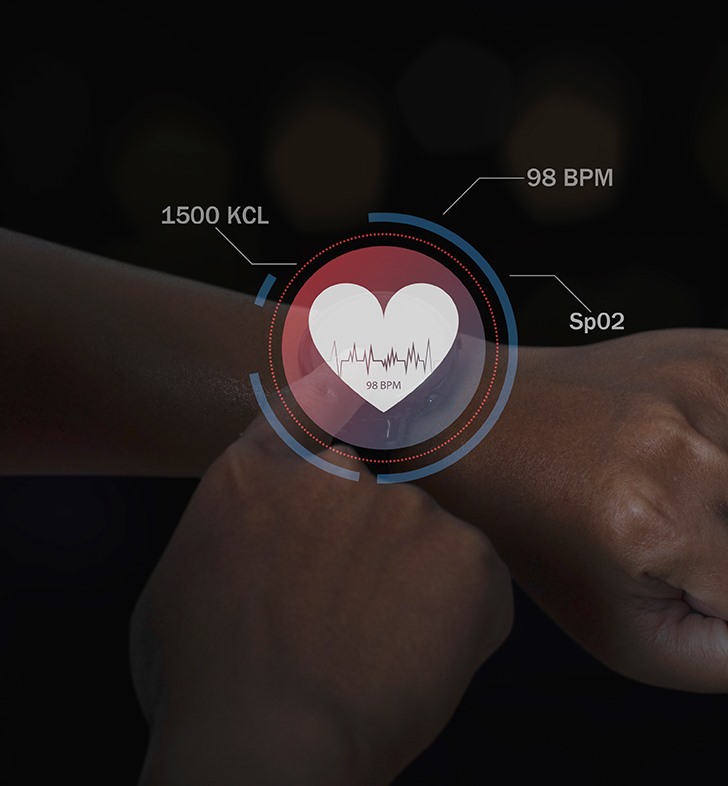
Atrial Flutter
What are the symptoms?
Some people don’t have symptoms of
atrial flutter. For others, symptoms include:
Shortness of breath.
Dizziness.
Lack of energy.
Heart palpitations.
Fast pulse.
Chest pain.
Passing out.
Lightheadedness.
What are the complications of atrial
flutter?
Complications may include:
Fast heart rate.
Cardiomyopathy.
Blood clots that can travel and
cause a heart attack or stroke.
Congestive heart failure.
What causes atrial flutter?
Electrical signals that are too
frequent cause atrial flutter, making the upper chambers of your heart contract
(pump) too often.
Causes of atrial flutter include:
Heart valve disorders.
Heart condition present at birth.
Coronary artery disease.
High blood pressure.
Overactive thyroid.
What are the risk factors for atrial
flutter?
You’re at a higher risk of atrial
flutter if you’re older, assigned male at birth or you have:
Other heart issues, like heart
failure or a valve issue.
High blood pressure.
A thyroid issue.
Diabetes.
Lung disease.
A medical history that includes
alcohol use disorder.
Obstructive sleep apnea.
Obesity.
How is atrial flutter diagnosed?
A provider may use tests to diagnose
atrial flutter, including:
Electrocardiogram (ECG or EKG).
Echocardiogram.
Blood tests.
Pulmonary (lung) function tests.
How is atrial flutter treated?
Medicines work well for many people
with atrial flutter. Any medicine can have side effects, but the benefits
usually are greater than the risks. When medicines don’t work, your provider
may recommend a procedure that can help.
Medications
Medicines for the treatment of
atrial flutter include:
Medicines to slow down your heart
rate: Calcium channel blockers and beta-blockers.
Medicines to stop the abnormal
rhythm: Antiarrhythmic drugs.
Procedures
Procedures to treat atrial flutter
include:
Cardioversion via electrical shock.
Catheter ablation, a procedure a
provider can use to destroy the tissue that’s creating abnormal signals.
Temporary change in your pacemaker
or implantable cardioverter defibrillator (ICD) setting.
Complications of the treatment
Rarely, you can have complications
from an ablation, including:
Infection.
Bleeding.
Injury to a blood vessel.